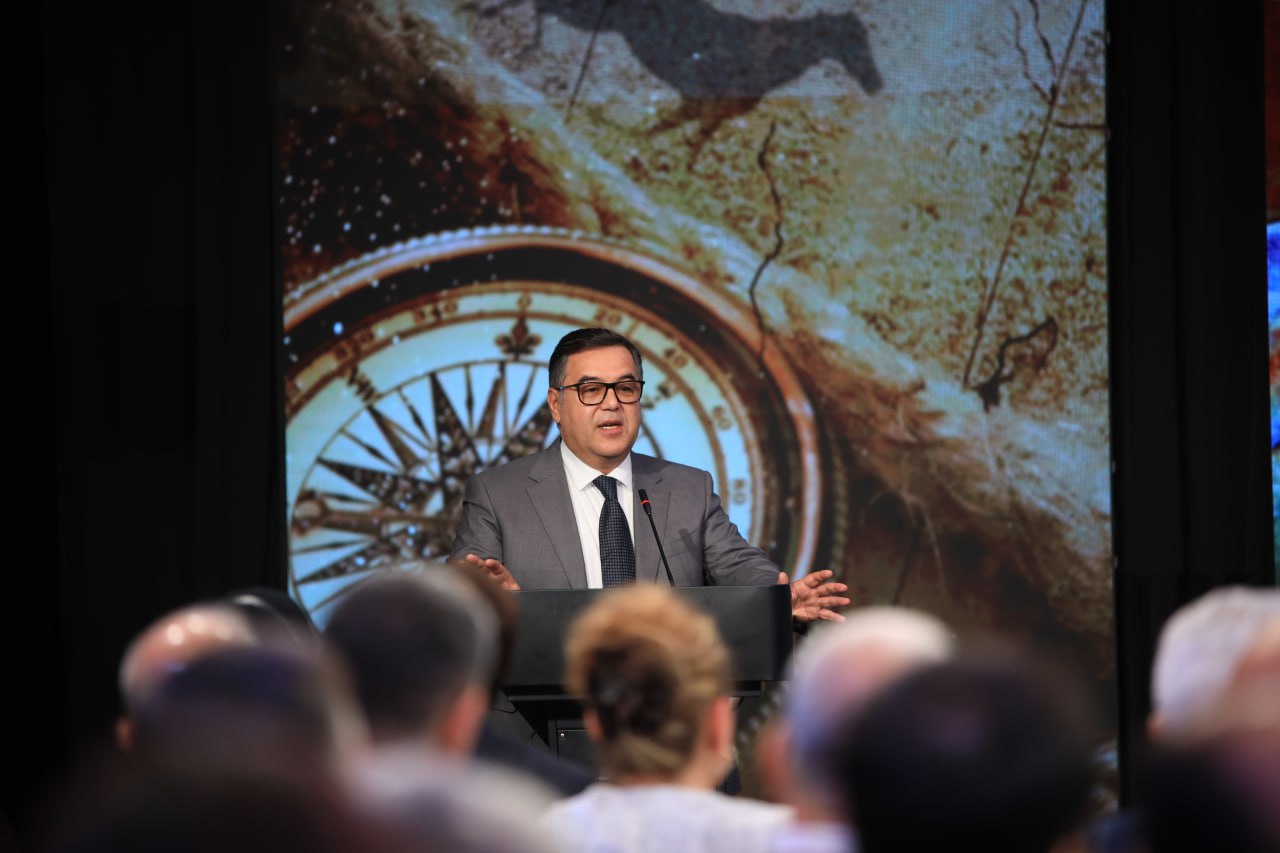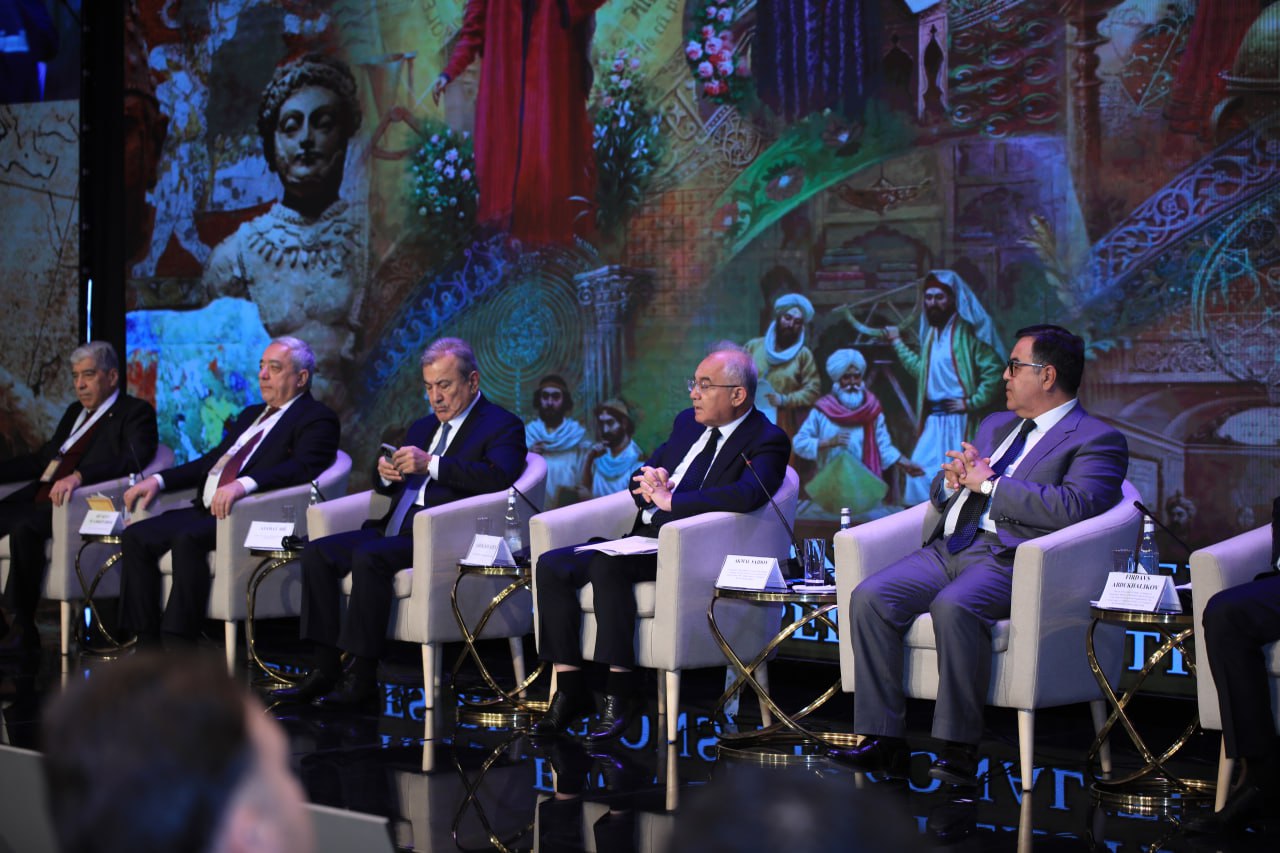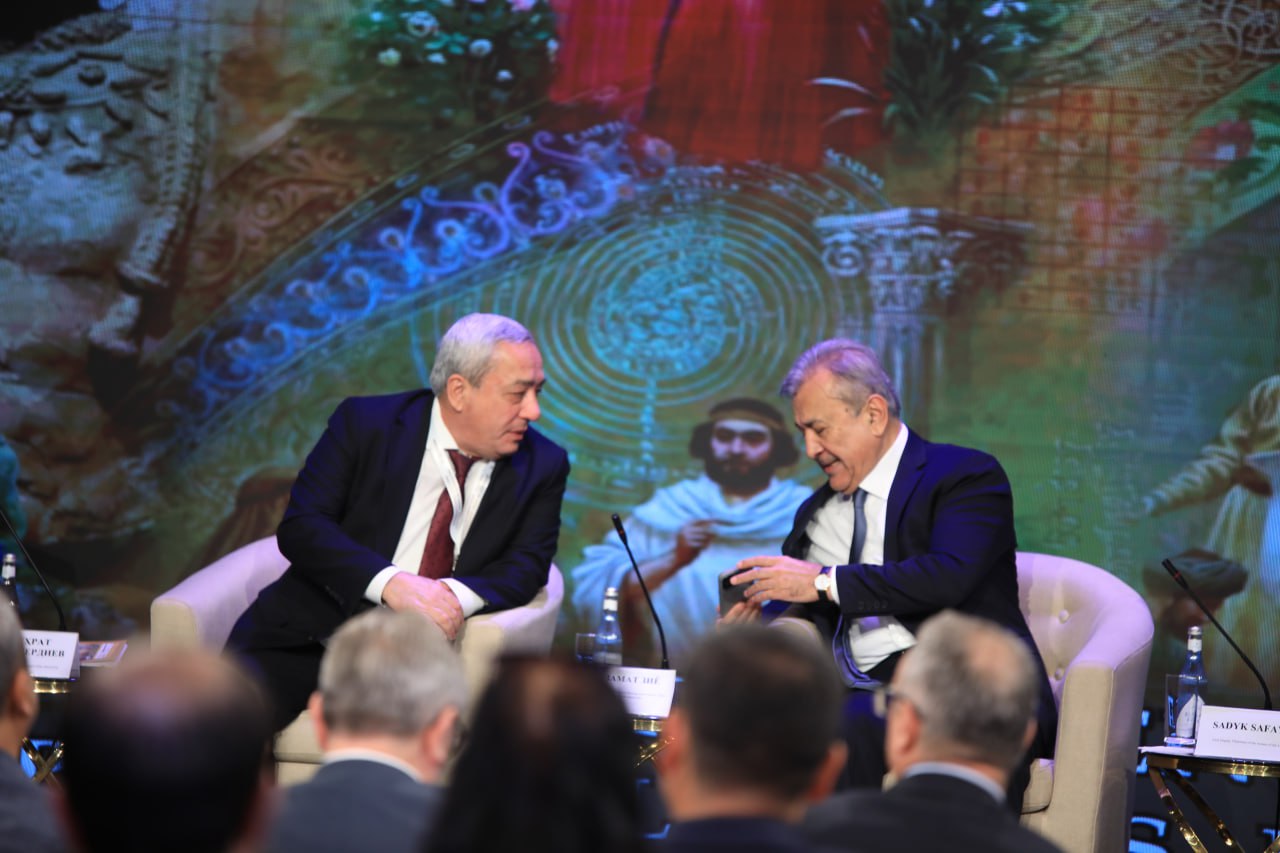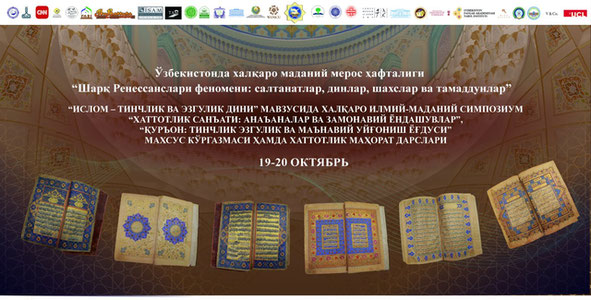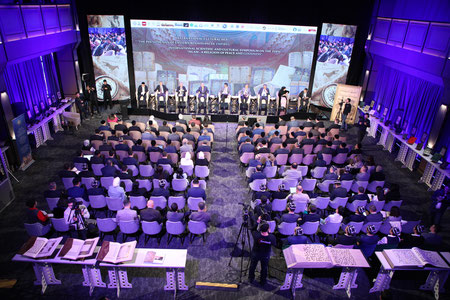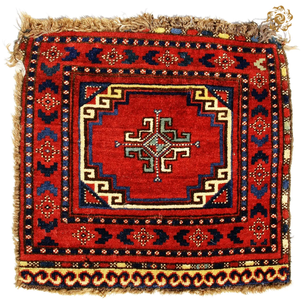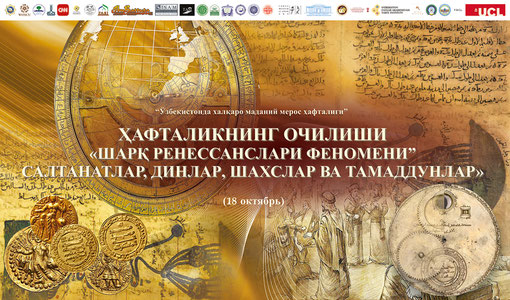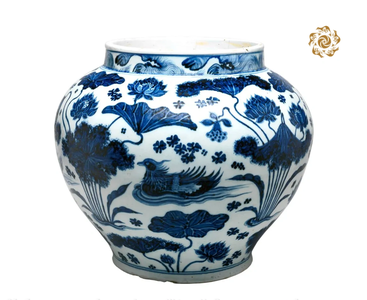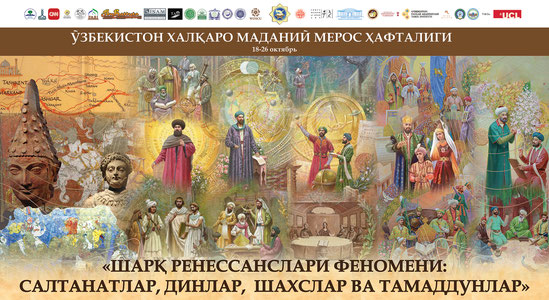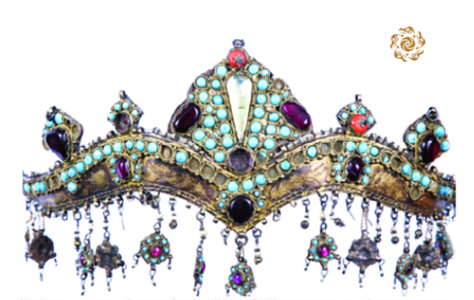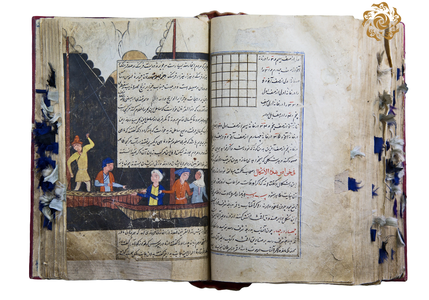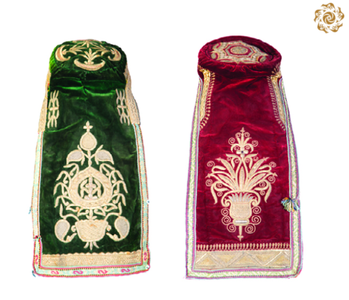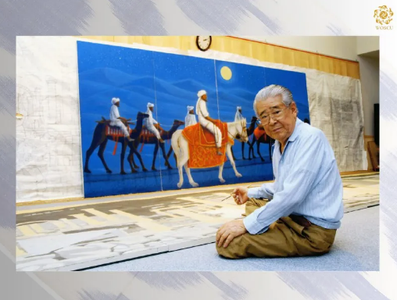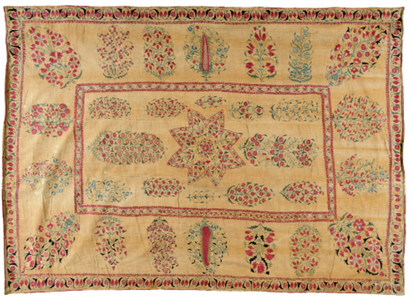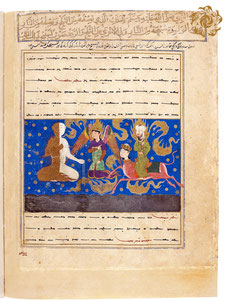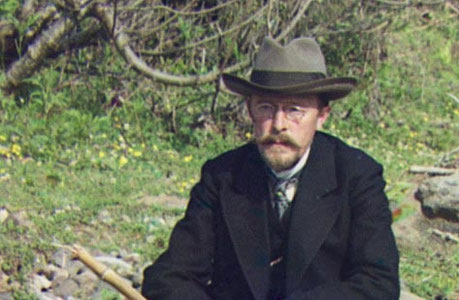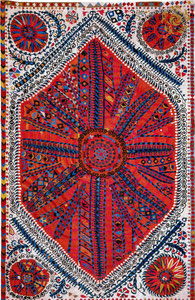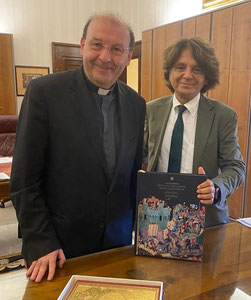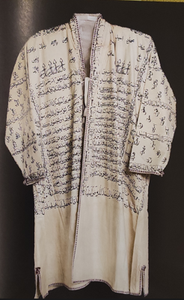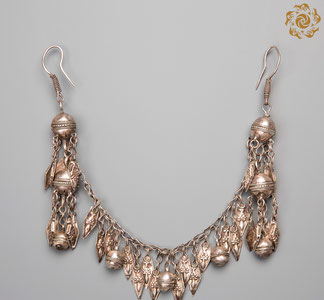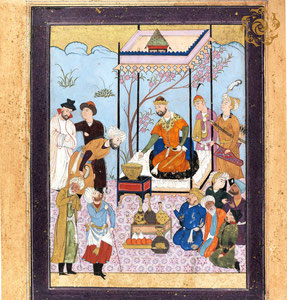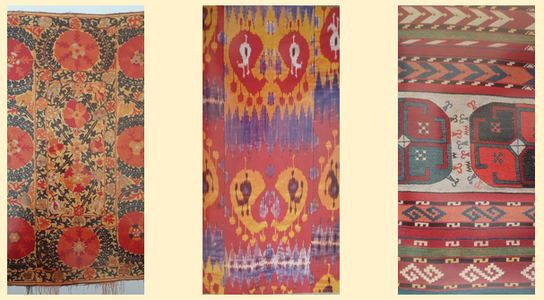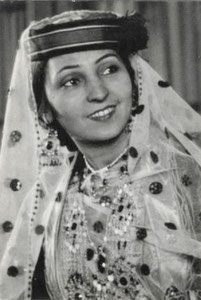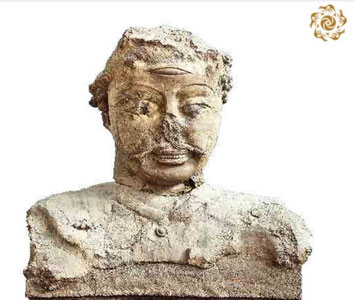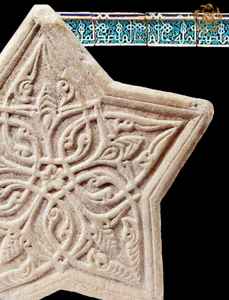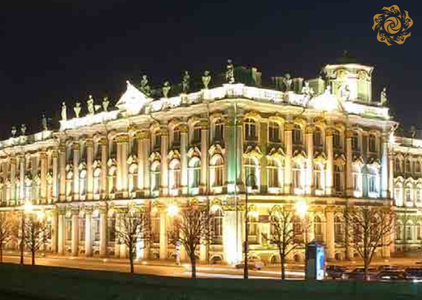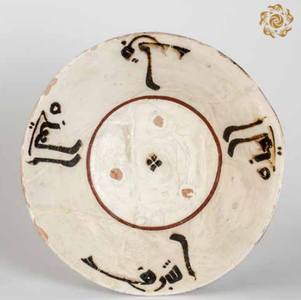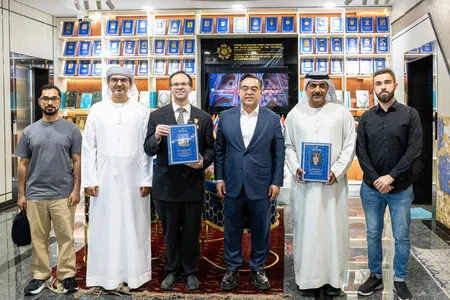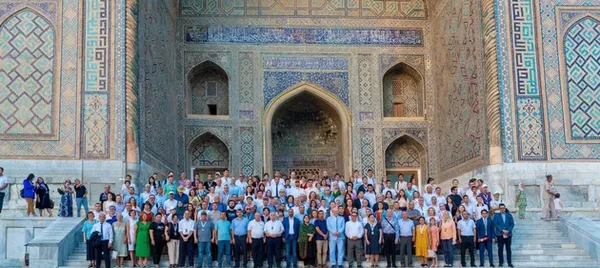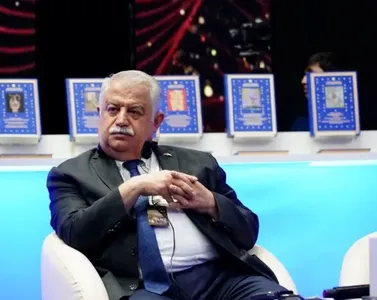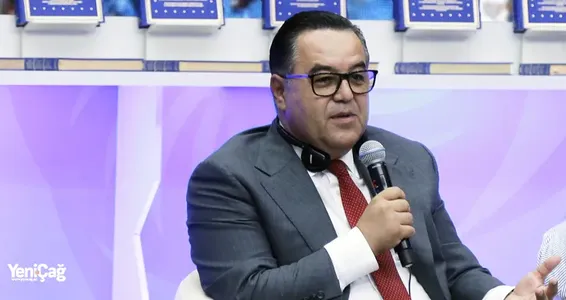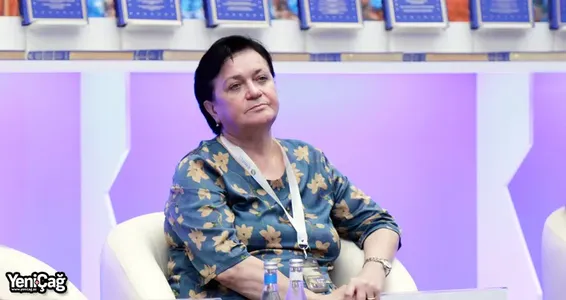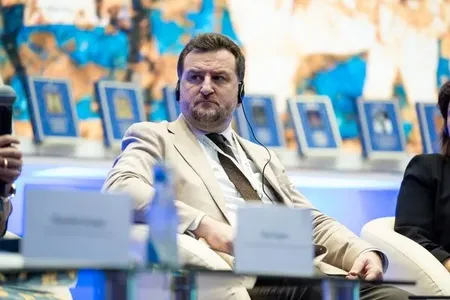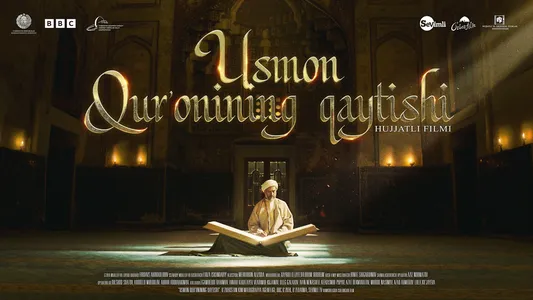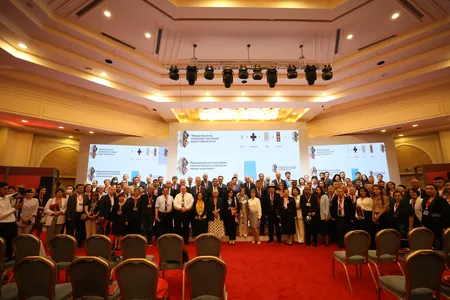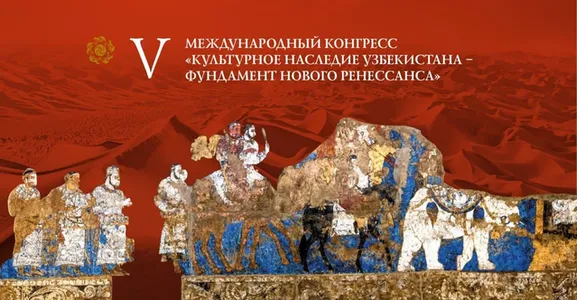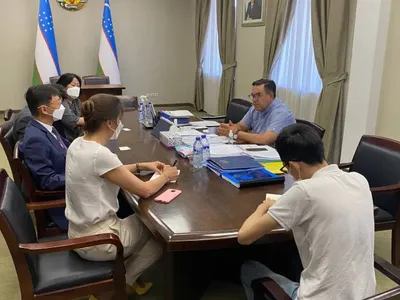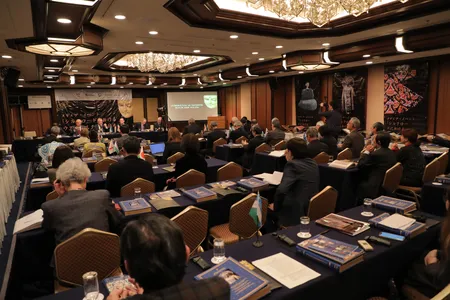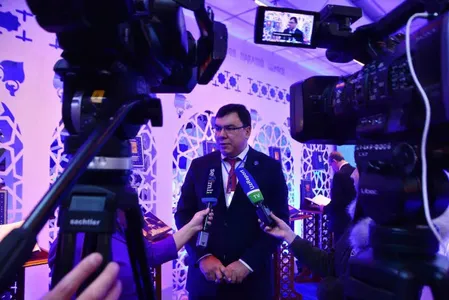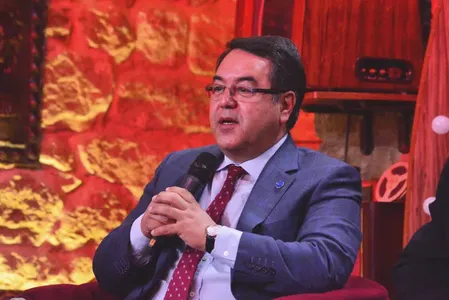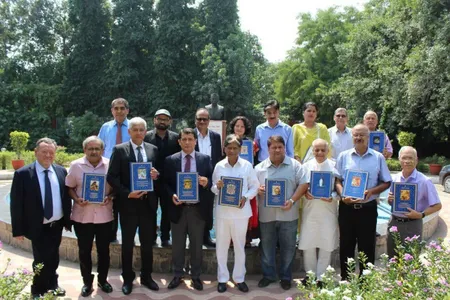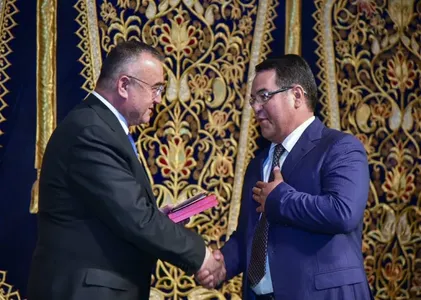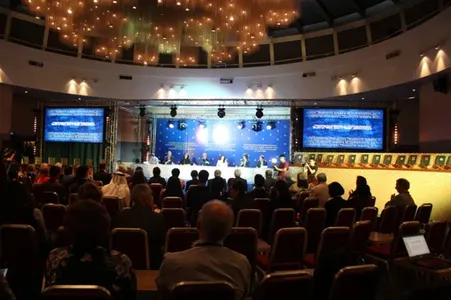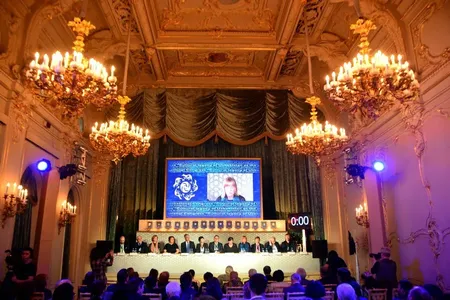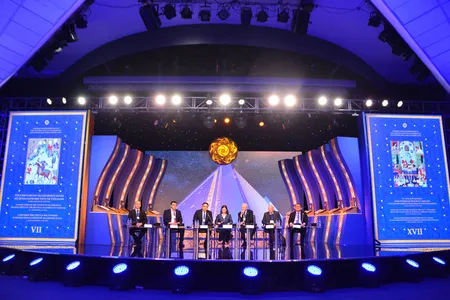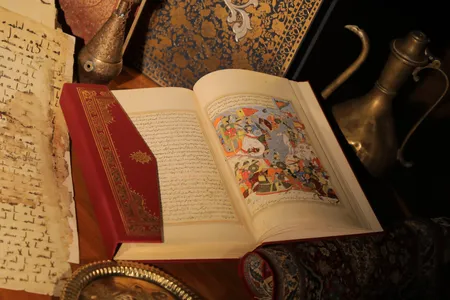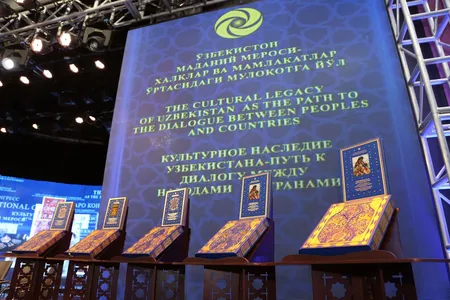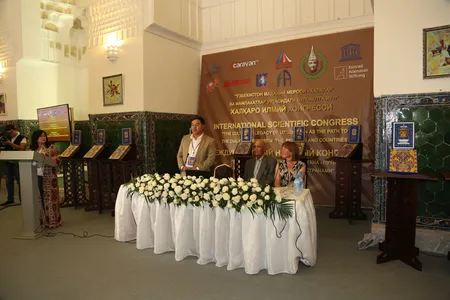The ceremony began with the screening of a film about the reforms in science, culture, and education initiated in Uzbekistan by President Shavkat Mirziyoyev. The film symbolically set the stage for a discussion on Uzbekistan’s role as a center for civilizational and cultural dialogue.
First Deputy Chairman of the Senate of the Oliy Majlis of the Republic of Uzbekistan, Sadik Safaev, delivered a welcome address. He emphasized the importance of raising self-awareness and learning from history. "Two years ago, scholars from Oxford published a book about the great scholar Abu Rayhan Beruni. Their main conclusion was that in the 10th-11th centuries, scholars were not isolated but part of an interconnected knowledge community. Figures such as Beruni and Avicenna corresponded for over 30 years," he remarked, adding that the emergence of the Eastern Renaissance was the result of interaction between states. He expressed hope that the meetings during the Cultural Heritage Week would serve as a platform for further global dialogue.
Academician of the Academy of Sciences of the Republic of Uzbekistan, Professor, Doctor of Law, and Chairman of the Editorial Board of the project "Cultural Heritage of Uzbekistan in the Collections of the World," Akmal Saidov, who acted as the moderator, highlighted the importance of the Cultural Heritage Week. "Over the course of the week, more than 30 conferences and seminars will be held, with over 150 specialists from around the world speaking. Additionally, thematic exhibitions will be open to the residents and guests of Tashkent, showcasing the rich history of Uzbekistan, from the pre-Islamic period to the Third Renaissance initiated by President Shavkat Mirziyoyev," noted Academician Akmal Saidov.
The Director of the Center of Islamic Civilization in Uzbekistan, Chairman of the WOSCU Board, outlined the program for the week and underscored the importance of international cooperation. He recalled the 8th International WOSCU Congress held in Samarkand at the end of August, which concluded with the Samarkand Declaration supported by scholars from 50 countries. During Cultural Heritage Week, over 60 cooperation agreements are expected to be signed, including projects that reflect the scientific achievements of scholars from the First and Second Renaissances, as well as innovative solutions for the museum exhibits of the Center of Islamic Civilization, the creation of video content, and interactive solutions for youth. The plans also include the production of documentaries with international TV channels, dedicated to the archaeology and cultural achievements of Uzbekistan. "The Center of Islamic Civilization is a unique megaproject initiated by President Shavkat Mirziyoyev. While the construction of the Center is nearing completion, it is now time to fill the museum halls with meaningful content. The work on strengthening the exhibits is being done in cooperation with international researchers. This meticulous work continues during the Cultural Heritage Week, as our foreign colleagues present their projects and sign agreements with the Center of Islamic Civilization, affirming their cooperation for the Center’s development," said Abdukhalikov.
Other notable speakers included Vice President of the Academy of Sciences of Uzbekistan Bahrom Abduhalimov, Academician Azamat Ziyo, Deputy Minister of Culture of Uzbekistan Murodjon Majidov, and others. The speakers shared details on the directions and events that will take place during the week, assuring that the upcoming activities will make a significant contribution to the development of cultural dialogue and the preservation of heritage.
The Cultural Heritage Week in Tashkent promises to be a landmark event in the cultural and scientific spheres, creating opportunities for knowledge exchange and strengthening international cooperation.

